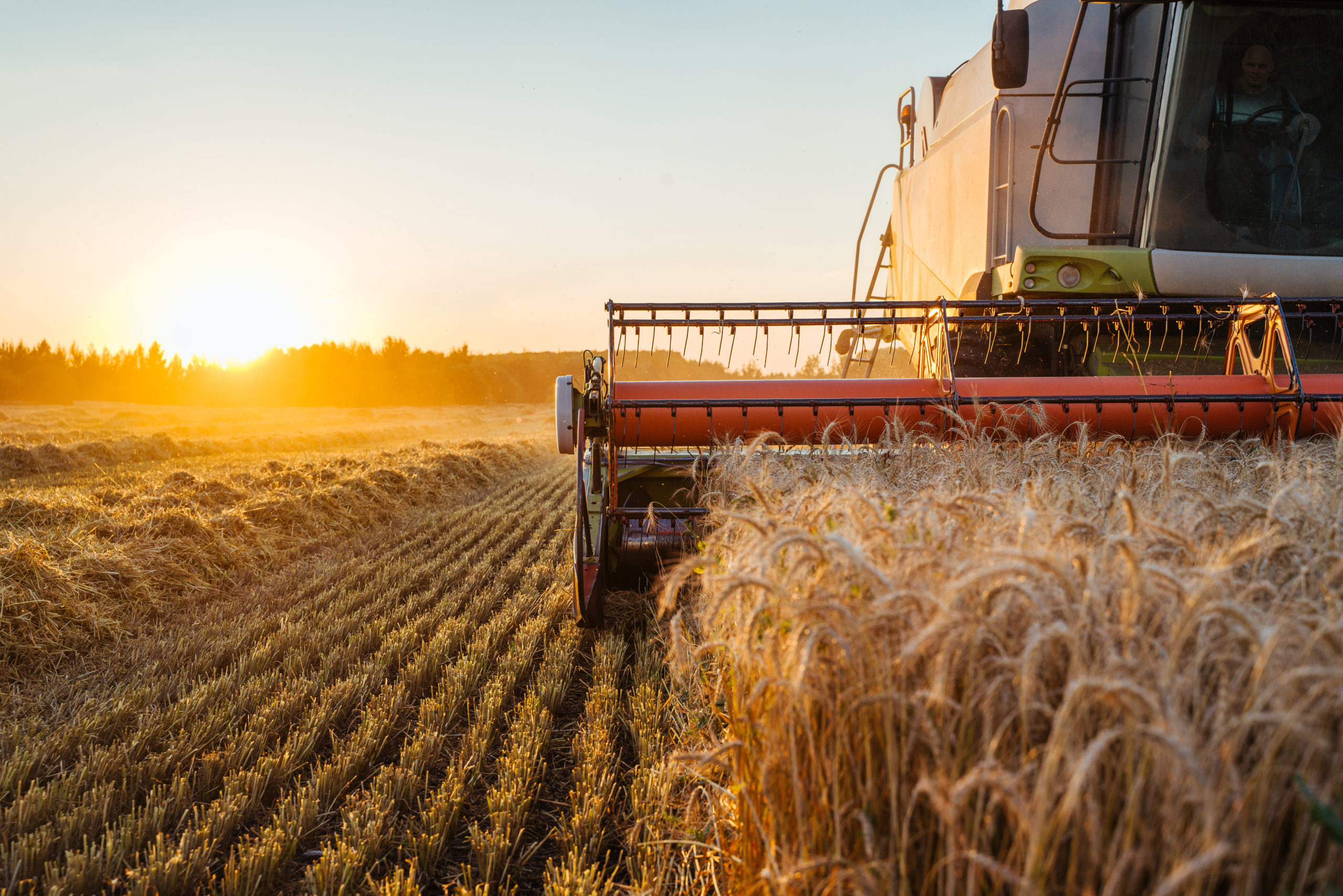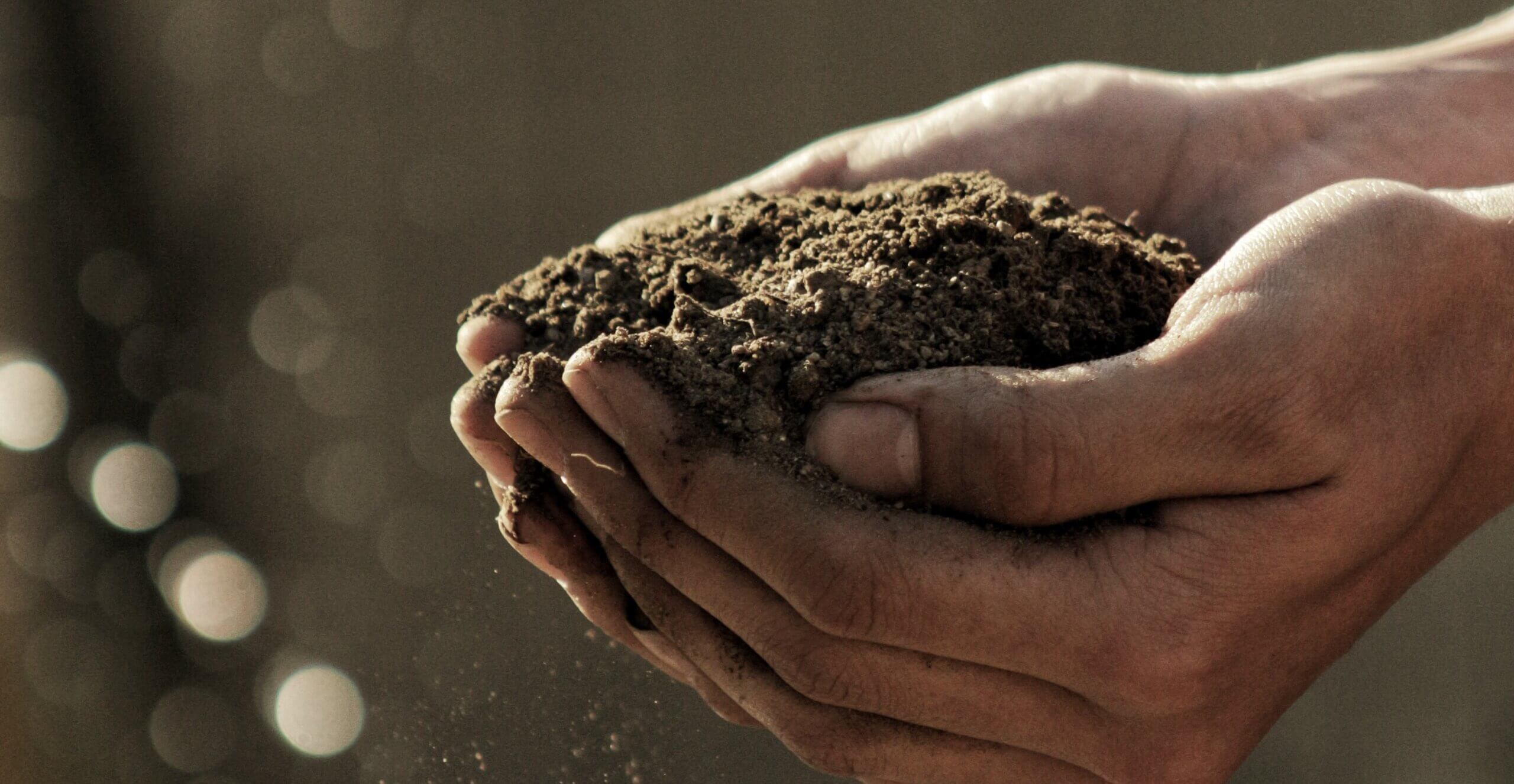From sustainable production and trade to loss and waste management, Fruit and Vegetable crops play an important role in human nutrition, as well as providing promising economic opportunities and growth all over the globe.
The Objectives of the IYFV are detailed below:
- Raising awareness of and directing policy attention to the nutrition and health benefits of fruits and vegetables consumption;
- Promoting diversified, balanced, and healthy diets and lifestyles through fruits and vegetables consumption;
- Reducing losses and waste in fruits and vegetables food systems;
4. Sharing best practices on:
-
- Promotion of consumption and sustainable production of fruits and vegetables that contributes to sustainable food systems;
- Improved sustainability of storage, transport, trade, processing, transformation, retail, waste reduction and recycling,
- as well as interactions among these processes;
- Integration of smallholders including family farmers into local, regional, and global production, value/supply chains for sustainable production and consumption of fruits and vegetables, recognizing the contributions of fruits and vegetables, including farmers’ varieties/landraces, to their food security, nutrition, livelihoods and incomes;
- Strengthening the capacity of all countries, specially developing countries, to adopt innovative approaches and technology in combating loss
Nutrition and health benefits of fruits and vegetables consumption
Fruit and vegetables should be an important part of your daily diet. They are naturally good and contain vitamins and minerals that can help to keep you healthy. Vegetables and fruit contain phytochemicals, or plant chemicals. These biologically active substances can help to protect you from some diseases. Scientific research shows that if you regularly eat lots of fruit and vegetables, you have a lower risk of:
- Type 2 diabetes
- Stroke
- Heart (cardiovascular) disease – when fruits and vegetables are eaten as food, not taken as supplements
- Cancer – some forms of cancer, later in life
- High blood pressure (hypertension).
Reducing losses and waste in fruits and vegetables food systems
Many countries are acting to reduce food loss and waste as part of their efforts to promote food and nutrition security and sustainable development. Small agricultural producers (farmers, fishers and meat and dairy producers) operating in traditional food supply chains are the principle suppliers of food in most developing countries. Strategic measures and interventions to manage food waste should include:
- Support labour migration toward ensuring the uninterrupted harvesting of crops.
- Promote appropriate measures for increasing shelf-life and improving packaging and storage to reduce food loss.
- Relocate and establish temporary markets in rural, urban and peri-urban areas to facilitate consumer access to fresh food supplies and to reduce market waste.
- Establish proper and adequate storage facilities for imported bulk quantities of staple food crops to maintain quality and reduce food loss.
At the downstream end of the supply chain, surplus food that would be wasted is frequently donated to food banks and charities to be distributed to those who need it, contributing to resilience building in needy communities..
Sustainable production of fruits and vegetables
The fruit and vegetables sector faces a number of sustainability issues along the supply chains. The issues at farm level include access to finance for inputs, limited knowledge on good social and environmental practices, low yield, poor quality, food safety, limited exposure to commercial farming and lack of knowledge of international market requirements.
Consumer awareness about how their purchases affect social conditions of millions of factory and farm workers around the world have also increased the interest in knowing where products comes from and under what condition they are produced.
Respect food from farm to table
The high perishability of fruits and vegetables needs special attention to maintain their quality and safety through appropriate treatment and handling across the supply chain from production to consumption in order to minimize loss and waste.
When we started providing high-quality farm produce for fellow New Zealand residents in the late ’70s, it was all about passion. Our commitment from the early days was always to provide sustainable products direct from our own greenhouses. It’s been over 30 years of our existence so far, and we are still the company providing clean solutions to food problems, just that now, we do it on a global scale. Our focus has grown beyond the New Zealand geographical area, and we’ve succeeded in spreading our tentacles all over this world, which has led to us gaining new experiences in growing, processing and shipping agricultural products globally.


